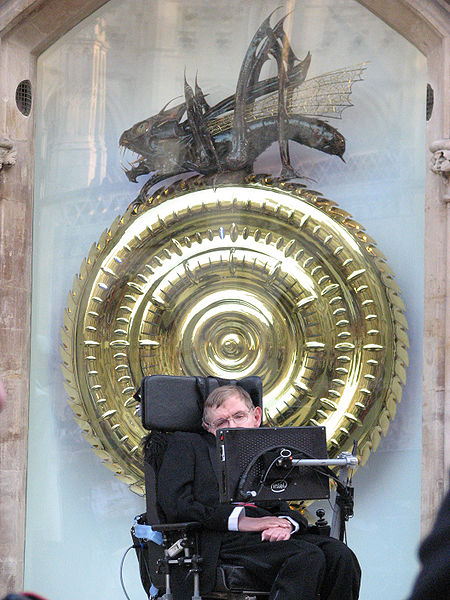I received an email from a Jewish historian and journalist I respect very much, including this thought:
I envy your finding [spiritual life] “at home” so to speak in Judaism, but alas the worship of a Jewish God who found the Holocaust necessary for his “plan” is just impossible for me.
Obviously he’s not the first to have thought this, but with Holocaust Remembrance Day coming up tomorrow I’d like to ask what theological problem is posed by the Holocaust that was not posed by the first murder of an innocent, as recorded in the Hebrew Bible, that of Adam and Eve’s son Abel by his brother Cain?
Let’s be clear. I’m asking not about the emotional impact — where the Holocaust is indeed without equal or comparison — but the theological problem:
And in process of time it came to pass, that Cain brought of the fruit of the ground an offering unto the LORD. And Abel, he also brought of the firstlings of his flock and of the fat thereof. And the LORD had respect unto Abel and to his offering: But unto Cain and to his offering he had not respect. And Cain was very wroth, and his countenance fell.
And the LORD said unto Cain, Why art thou wroth? and why is thy countenance fallen? If thou doest well, shalt thou not be accepted? and if thou doest not well, sin lieth at the door. And unto thee shall be his desire, and thou shalt rule over him.
And Cain talked with Abel his brother: and it came to pass, when they were in the field, that Cain rose up against Abel his brother, and slew him (Genesis 4:3-8).
If God is perfectly just and perfectly loving, then the slaying of Abel immediately confronts us with a faith crisis. How could God let it happen? It seems impossible. If you multiply an impossibility by six million — even if that six million includes women and children as well as grown men, slain because of their religious background with unmatched cruelty and deliberation by a supposedly civilized European nation — you still get an impossibility. The enigma is untouched.
I understand if you want to say that faith after the Holocaust is too emotionally difficult to sustain. But that’s not what most people who offer this argument mean. They mean it theologically.
So then let’s ask. What if the Holocaust had claimed the lives of no children, but rather six million adults? Or what if it had been six million very elderly men, who couldn’t expect to live decades longer in any event? What if it had been six hundred thousand instead of six million?
What if the dead, of all ages and sexes, had numbered six hundred total? What if we keep the total number and composition as in the historical Holocaust, but the method of their murder had been less grotesquely cruel? What if it had been administered by painless lethal injection in their homes while they peacefully slept at night, totally unaware that Nazis plotted their decimation?
What if the dead of the Holocaust had not been mostly Jews but instead had been selected by lottery from the total population of Nazi-controlled Europe?
I ask these questions to provoke you to tell me, theologically, what threshold of barbarity would make belief in the God of Israel impossible? Clearly, I don’t think the question is answerable, which brings us back to Abel.

